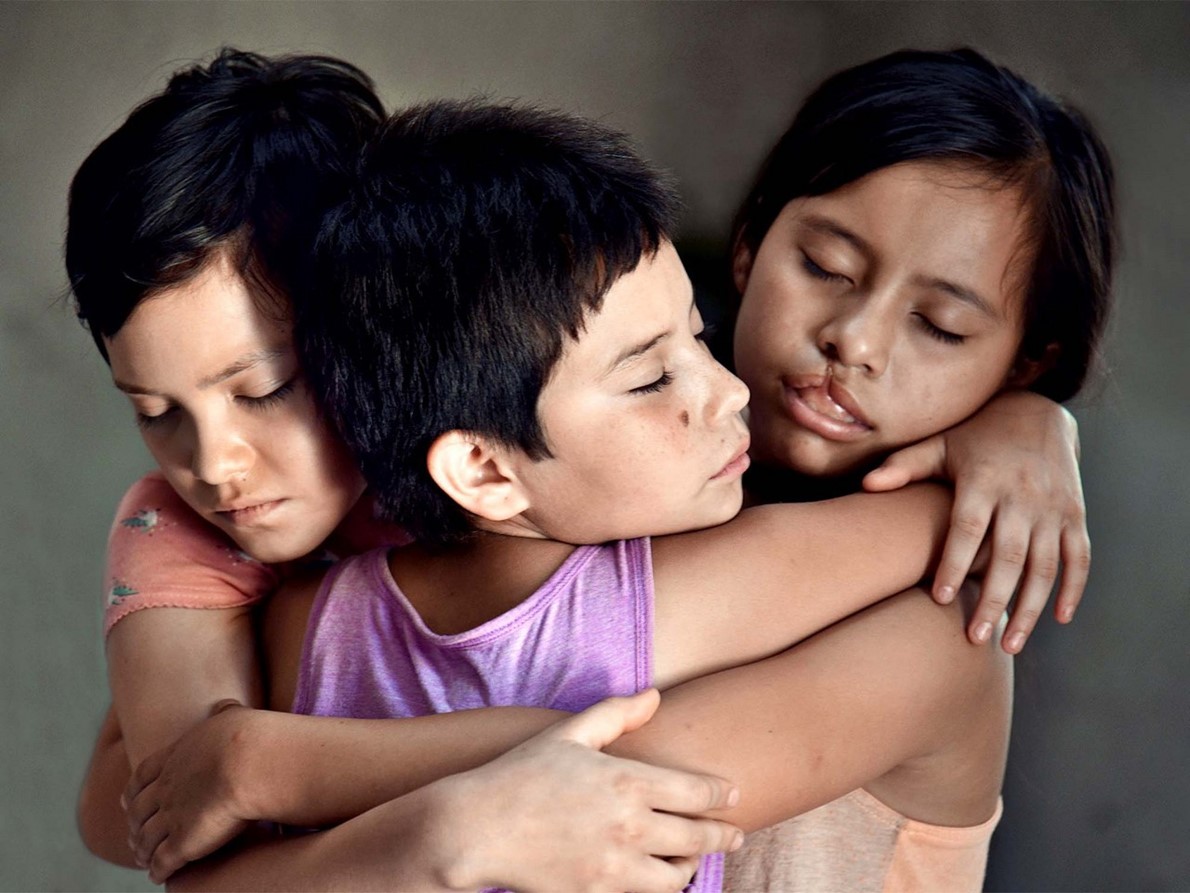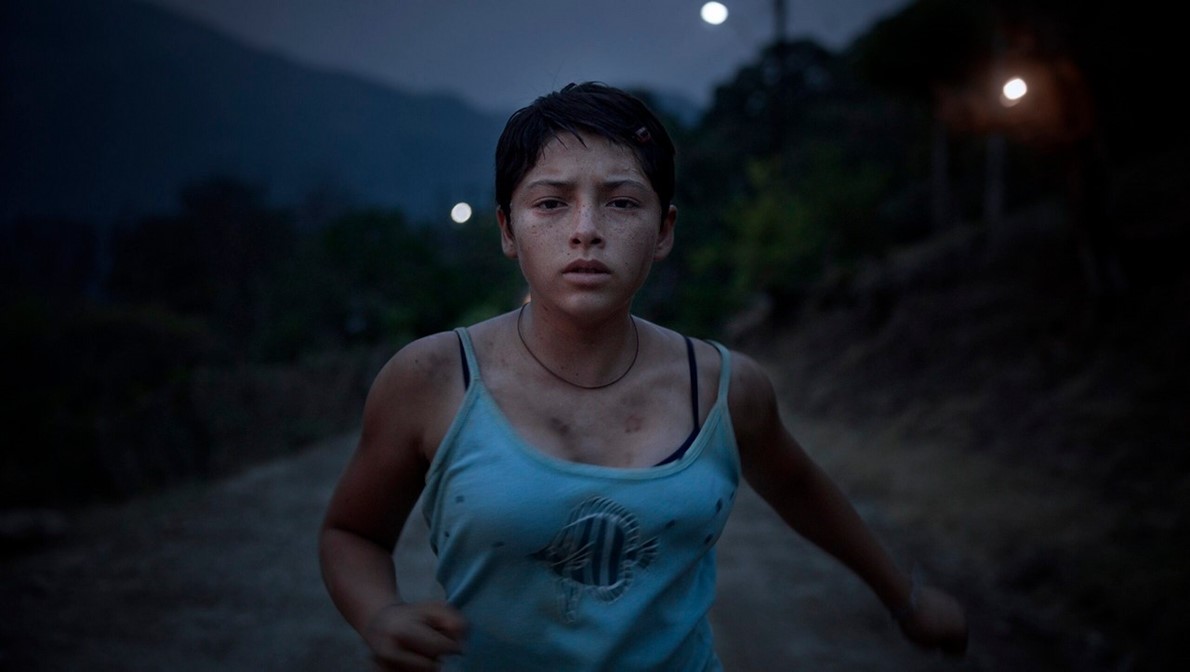Prayers for the Stolen is a dramatic feature film about adolescence set in a
rural town in Mexico.
Directed by
Tatiana Huezo, the film, which will be screened on Wednesday at Taj cinema as
part of the
Amman International Film Festival, invokes the resistance of
children and their magical and honest gaze in the face of a violent reality.
اضافة اعلان
It is an
extraordinary and powerful portrait of daily violence in Mexico from the
particular point of view of three girls on the road to adolescence.
In recent years,
Mexican cinema has focused on portraying the country’s violence, to raise
awareness, generate empathy, and open the eyes of audiences. However, quality
aside, we hardly find one that does it without resorting to morbidity.
Prayers for the
Stolen stands out not only for fulfilling this complicated task, but for doing
it with overflowing sensitivity and authenticity. It is an impeccable
transition from documentary to fiction.
The film
portrays the increase in violence caused by drug trafficking in a town located
in the Sierra Madre mountains through an intimate immersion into the childhood
and adolescence of Ana (Ana Cristina Ordóñez González and Mayra Membreño) and
her two friends, Paula (Camila Gaal and Alejandra Camacho Olguín) and María
(Blanca Itzel Pérez and Giselle Barrera Sánchez).

Huezo shows us
the daily life of a community living in fear. We see the protagonist go to
school, play in the water, explore abandoned houses, and fight with her mother.
But these activities, which in any other film would speak to a common
coming-of-age story, take place in the midst of small disturbing occurrences
that speak of a larger problem: a neighbor disappearing overnight, Ana is
forced to cut her hair short, the military constantly passes through, and women
toil away in poppy fields.
The little girl
asks questions, but gets no answers from her mother, Rita (Mayra Batalla), who
seems to be in a perpetual state of anger, despair, and exhaustion.
With an watchful
eye, Huezo portrays all these moments with tremendous patience, letting her
narrative unfold slowly as it accumulates terrifying warnings of danger
culminating in a crushing climax. In between, we find very human scenes of love
and friendship surrounded by tension that intermittently rises to the top in
the form of A chilling wave of violence. We do not see this violence directly,
but we do hear it and feel its profound effect on the characters.

In its first
part, Prayers for the Stolen plays with the innocence of childhood to create
cunning dualities. Ana has a game with her mother in which she must keep quiet
and carefully identify the sounds of nature, a game which is in fact designed
to teach Ana to identify the roar of the cartel’s trucks and give her time to
hide.
Likewise, when
the girls are taken to have their hair cut, they are told that the cut is due
to lice, but the looks of the mothers and the hairdresser herself (Teresa
Sánchez) reveal the truth: it is to prevent the girls from attracting attention
and being taken by the cartel. In contrast, when the stage of adolescence
arrives, the girls’ lack of innocence becomes terrifying for the mothers.
In Prayers for
the Stolen, sound is a key tool, serving to build and abate tension and immerse
us in Ana’s life. The normality of the mooing of the cows and the singing of
the birds creates tranquility, the roar of a fleet of trucks creates unbearable
terror, and the silence that follows offers an ephemeral relief that you know
will soon disappear.
Prayers for the Stolen
portrays a reality whose identity resides in Mexico, but which shows situations
with which many country in Latin America could unfortunately identify.
Read more Reviews
Jordan News



